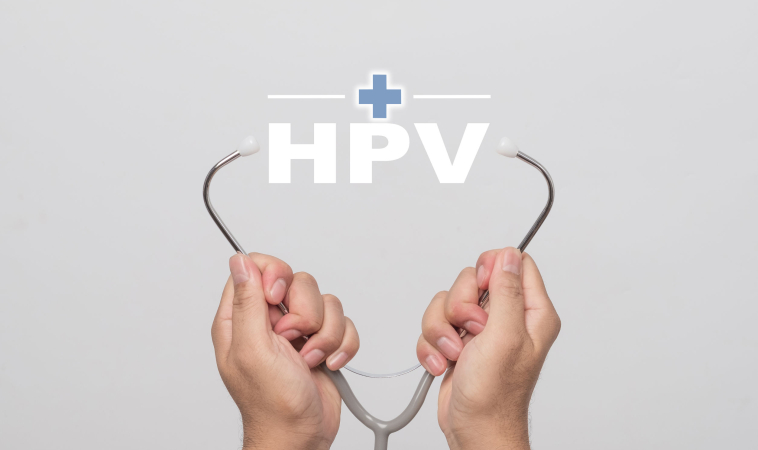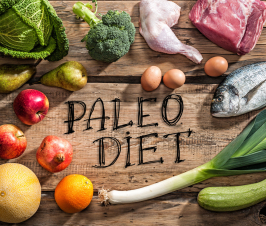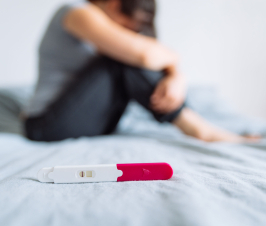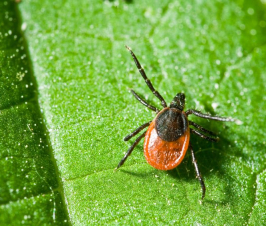Gardnerella bacteria in the cervicovaginal microbiome may serve as a biomarker to identify women infected with human papillomavirus (HPV) who are at risk for progression to precancer, according to a study published March 26 in the open-access journal PLOS Pathogens by Robert Burk and Mykhaylo Usyk of the Albert Einstein College of Medicine, and colleagues. According to the authors, the findings could lead to therapeutic strategies that manipulate the microbiome to prevent disease progression.
HPV infection is one of the most common sexually transmitted infections
HPV infection is one of the most common sexually transmitted infections and the causal agent of cervical cancer. But it is still not clear why only a small proportion of high-risk HPV infections progress to cervical cancer. To investigate the potential role of the cervicovaginal microbiome, Burk, Usyk and their collaborators evaluated cervical samples from 273 women who had high-risk HPV infection and were participating in the Costa Rica HPV Vaccine Trial.
The findings
They found that the abundance of Lactobacillus iners was associated with clearance of high-risk HPV infections. By contrast, Gardnerella bacteria were the dominant biomarker for progression of a high-risk HPV. Additional analyses revealed that the effect of Gardnerella is mediated by increased cervicovaginal bacterial diversity directly preceding the progression of a persistent infection to precancer. The findings suggest that monitoring the presence of Gardnerella and the subsequent elevation in microbial diversity could be used to identify women with persistent high-risk HPV infection at risk for progression to precancer. If future studies support a causal role of the cervicovaginal microbiome and disease progression, then it might be possible to manipulate the cervicovaginal microbiome in a manner to activate a local immune response and prevent disease progression.
Authors add the following note
The authors add, “The investigators prospectively demonstrate that progression of a persistent high-risk HPV infection to cervical precancer is in part explained by unique features of the cervicovaginal microbiota.”
Source:
- Mykhaylo Usyk, Christine P. Zolnik, Philip E. Castle, Carolina Porras, Rolando Herrero, Ana Gradissimo, Paula Gonzalez, Mahboobeh Safaeian, Mark Schiffman, Robert D. Burk. Cervicovaginal microbiome and natural history of HPV in a longitudinal study. PLOS Pathogens, 2020; 16 (3): e1008376 DOI:10.1371/journal.ppat.1008376
 Razi Berry is the founder and publisher of the journal Naturopathic Doctor News & Review, which has been in print since 2005, and the premier consumer-faced website of naturopathic medicine, NaturalPath. She is the host of The Love is Medicine Project docuseries, The Natural Cancer Prevention Summit, The Heart Revolution-Heal, Empower and Follow Your Heart, and the popular 10-week Sugar Free Summer program. From a near death experience as a young girl that healed her failing heart, to later overcoming infertility and chronic fatigue syndrome and fibromyalgia through naturopathic medicine, Razi has lived the mind/body healing paradigm. Her projects uniquely capture the tradition and philosophy of naturopathy: The healing power of nature, the vital life force in every living thing and the undeniable role that science and mind/body medicine have in creating health and overcoming dis-ease. You can follow Razi on social media: Facebook at Razi Berry, Instagram at Razi.Berry and join the Love is Medicine group to explore the convergence of love and health. Look for more, and listen to more Love is Medicine podcast episodes here.
Razi Berry is the founder and publisher of the journal Naturopathic Doctor News & Review, which has been in print since 2005, and the premier consumer-faced website of naturopathic medicine, NaturalPath. She is the host of The Love is Medicine Project docuseries, The Natural Cancer Prevention Summit, The Heart Revolution-Heal, Empower and Follow Your Heart, and the popular 10-week Sugar Free Summer program. From a near death experience as a young girl that healed her failing heart, to later overcoming infertility and chronic fatigue syndrome and fibromyalgia through naturopathic medicine, Razi has lived the mind/body healing paradigm. Her projects uniquely capture the tradition and philosophy of naturopathy: The healing power of nature, the vital life force in every living thing and the undeniable role that science and mind/body medicine have in creating health and overcoming dis-ease. You can follow Razi on social media: Facebook at Razi Berry, Instagram at Razi.Berry and join the Love is Medicine group to explore the convergence of love and health. Look for more, and listen to more Love is Medicine podcast episodes here.

















